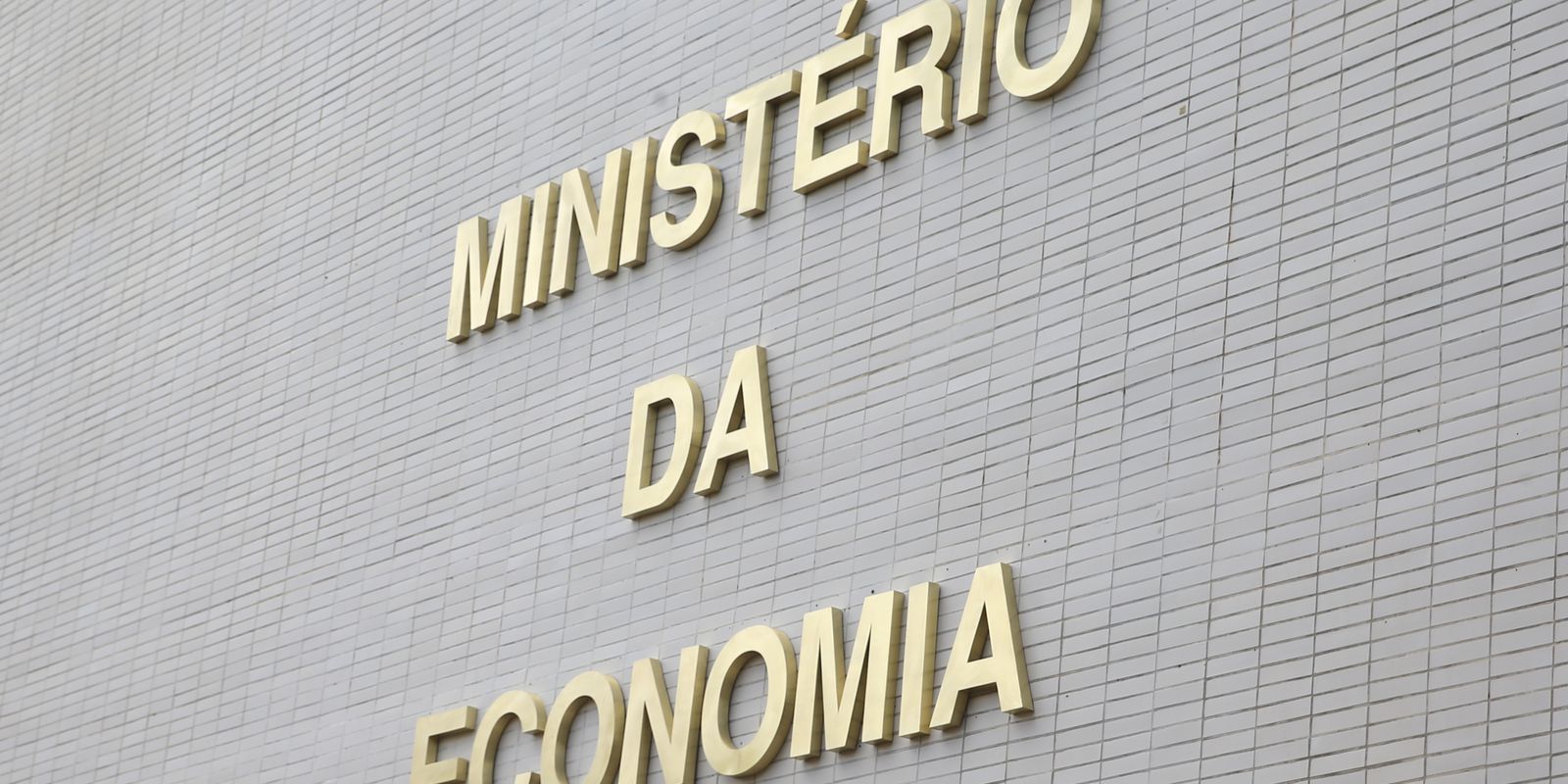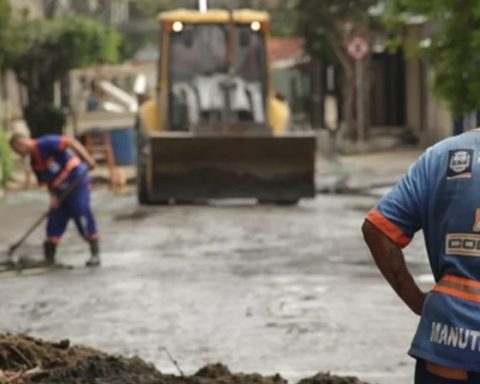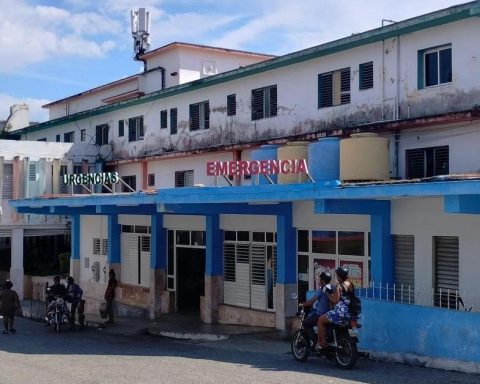The attempt to recover employment and income in a scenario of high interest rates. All in the midst of a commitment to keep public accounts under control in the coming years. In the economy, the first 100 days of government were marked by the challenge of balancing demands for economic growth and fiscal responsibility coming from different sectors of society.
At the Ministry of Finance, the slogan that dominated the first 100 days of the government was none other: a new fiscal framework. Originally scheduled for August, according to the Constitutional Amendment of the Transition, the submission to Congress of the rules that will replace the current spending ceiling was brought forward to April, in order to allow the submission of the 2024 budgetary guidelines law (LDO) within the New model.
Presented at the end of March, the new framework combines a rule expenditure growth linked to net revenue growth and a band of primary result targets. The text will be completed by this Tuesday (11), when it should be sent to Congress.
So far, experts question two points: the need to raise revenues to meet targets ambitious policies and the pro-cyclical character of the new rules, with the government spending less when the economy is growing slowly. In the coming days, the Minister of Finance, Fernando Haddad, will announce a package to boost revenues by up to R$150 billion without raising rates, reviewing exemptions and taxing new sectors, like sports betting.
In a recent event with representatives of the financial market, Haddad said that not only the fiscal framework, but also the tax reform, are necessary for the country to return to growth. “With the fight against tax distortions and the creation of a value-added tax, the country will reach 2024 with a growth shock, also projecting a more favorable international scenario. We will arrive by the end of the year with the necessary reforms for Brazil to have sustainable growth from next year”, declared the minister.
Minipacks
Even before the fiscal framework, the government issued signs that it intends to reduce the primary deficit (result of government accounts without public debt interest), presenting a series of mini-packages. In January, the Ministry of Finance presented a package to reinforce cash and reduce the deficit from the R$ 231.5 billion originally foreseen in this year’s Budget to something around R$ 100 billion.
The measures involved the reversal of exemptions decided by the previous government and mainly the change in the voting system of the Administrative Council of Tax Appeals (Carf), the body that judges administrative appeals of taxpayers who owe the Federal Revenue Service. The government intends to raise R$ 73 billion just with the resumption of the tie-breaking vote by the Ministry of Finance.
The resumption of the voting system in CARF faces obstacles in Congress and in the Federal Supreme Court. However, in February, the government and the Brazilian Bar Association (OAB) announced an agreement to reduce resistance in the Judiciary.
Assessments
For Emeritus Professor of Economics at the Getulio Vargas Foundation (FGV), Virene Matesco, the design of the new fiscal framework is reasonable. For her, the government managed to do a lot, considering the lack of information received from the previous government during the transition and the coup attempt on January 8.
“These 100 days were not normal, they were very tumultuous in terms of politics. Fiscal policy is the mother of all policies. If it is not very well anchored, the rest is loose. Haddad’s proposal is good, well designed and, if approved and fulfilled, Brazil in 2024 will already be credible”, she says.
Professor at the Department of Economics and Graduate Studies at the Fluminense Federal University (UFF) André Nassif also praises the new fiscal framework. “What we are in doubt about is when the trajectory of public debt growth will be reversed, but it will at some point”, he believes. “I have the impression that the tax issue is relatively on track, although we still need to see the bill.”
Nassif also believes that the Ministries of Finance and Planning managed to do a lot in the first 100 days. He recalls that, even before the disclosure of the framework, the economic team had to take measures to increase revenue and create fiscal space to accommodate government decisions.
impasses
At the end of February, the government had to resolve an impasse regarding fuel and partially re-charged gasoline and ethanol for four months. In order to avoid a higher price pass-through to consumers, Petrobras absorbed part of the readjustment. To prevent revenue losses in relation to the plan announced in January, the government also taxed crude oil exports for four months.
In these 100 days, the economic team also had to postpone expenses or find resources to comply with measures decided by the government. Due to lack of resources in the Budget, the increase in the minimum wage to R$ 1,320 was postponed to May. The money will come from reviewing irregular registrations in Bolsa Família.
The Ministry of Finance had to find solutions to fulfill a campaign promise: correction of the Income Tax table and the raising the exemption range to R$ 2,600. Resources will come from sports betting regulation onlinewhich must pay Income Tax, with companies having to pay grants to the government.
















